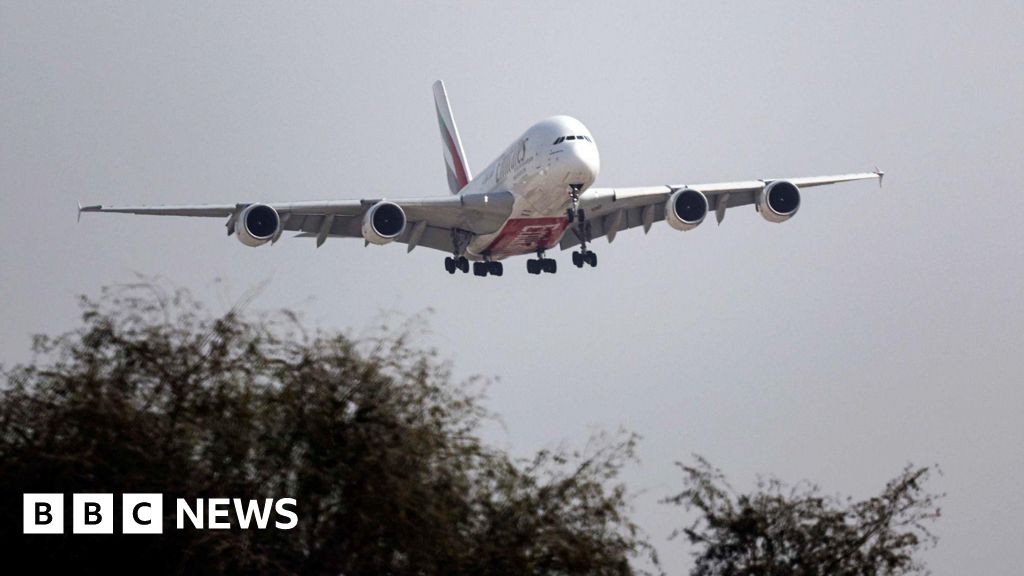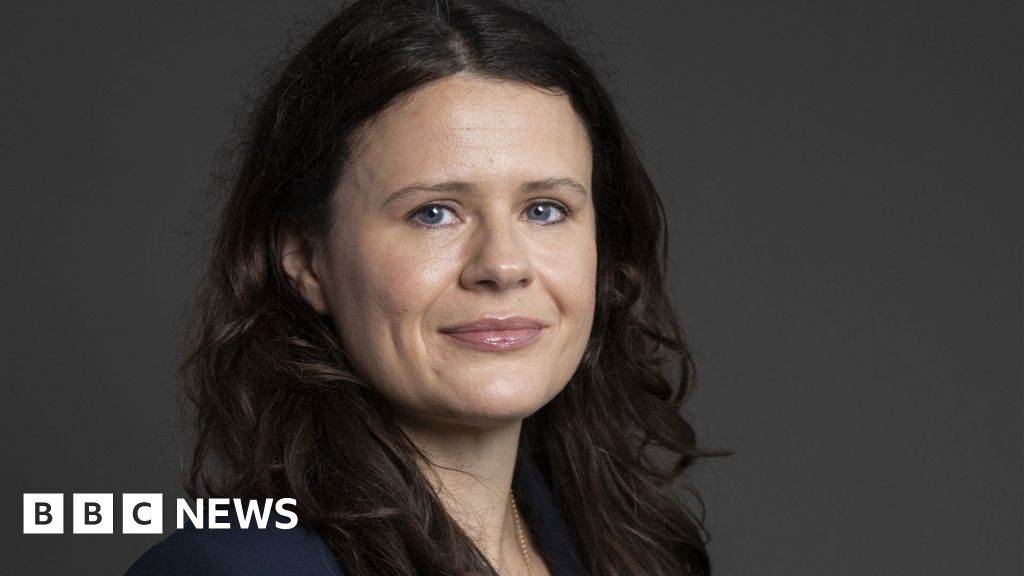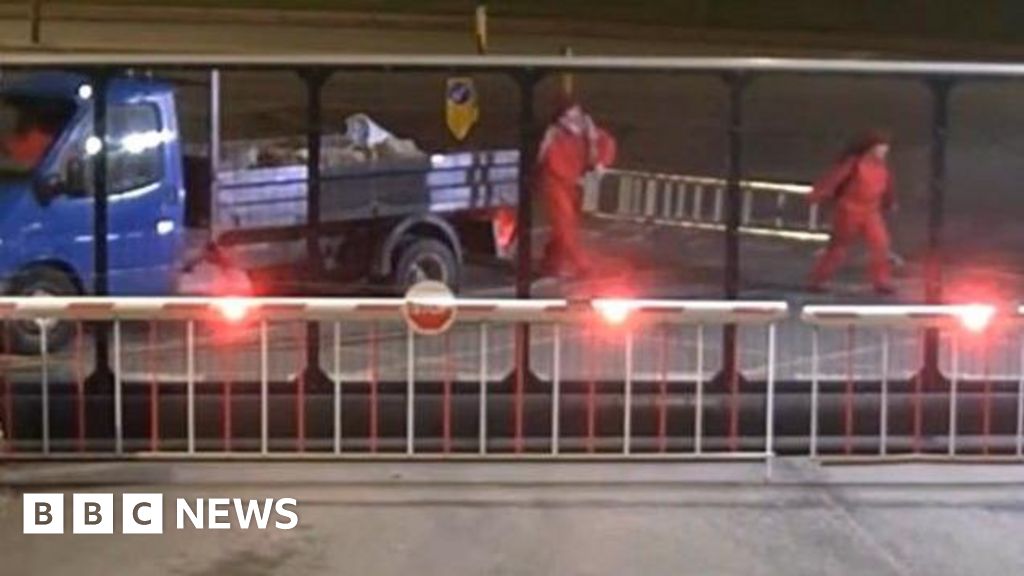
News24 has won the right to appeal the July Press Ombud ruling on its Akkerland Boerdery fact-check article.
Facebook/Akkerland Hunting Ventures
- News24 won leave to appeal the Press Ombud’s July ruling that found its Akkerland fact-check article misleading.
- Judge Bernard Ngoepe, the chairperson of the Press Council Appeals Panel, said the Ombud might not have adequately considered the context, noting “the fact that, as the applicant says, the farms were given as an example that farms belonging to white farmers were expropriated [without compensation or arbitrarily]”.
- He added it might reasonably be argued that, for an average reader, the article was correct in stating that ownership was not ultimately lost through expropriation but through a sale.
News24 has been granted leave to appeal a Press Ombud ruling against its fact-checking article on the Akkerland Boerdery case.
Judge Bernard Ngoepe, the Appeals Panel chairperson, found there were sufficient questions about how the Ombud interpreted the context and headline of the article to justify a full hearing.
News24’s Disinformation Desk published the February article about expropriation without compensation against the backdrop of claims, including from US President Donald Trump, that the South African government was actively and arbitrarily confiscating land from white farmers without compensation.
The fact-check of Trump’s claims found them to be lacking context and veracity. In response, many asserted that Limpopo hunting farm Akkerland stood as a critical omission in News24’s understanding of the topic of expropriation without compensation.
The article, No, Akkerland Boerdery wasn’t expropriated without compensation - owners sold it privately for R80m, cited deeds office records that showed the Limpopo hunting farm was ultimately sold to a mining company in 2018 for R80.5 million.
READ | No, Akkerland Boerdery wasn't expropriated without compensation - owners sold it privately for R80m
Farming lobby group Saai lodged a complaint with the Press Council about the article. It argued that the farm had, on a legal technicality, been expropriated for a period before the sale, and that the article about expropriation without compensation failed to mention this and should have.
In July, the Ombud ruled partly in Saai’s favour, finding that once the notice of expropriation was issued in March 2018, Akkerland “lost ownership of the farms even though no formal transfer occurred in the Deeds Office; therefore, expropriation did take place”.
At the same time, the Ombud noted important limits.
He wrote that “nobody other than Akkerland took physical possession of the farms in 2018” and that it was “clearly incorrect” should some claim the property was seized without compensation.
News24 applied for leave to appeal the ruling, which was granted by Ngoepe on Monday.
In his decision, he said: “What concerns me is that the Ombud’s ruling might be found not to have considered the above context adequately; the thrust of the article being that the headline and the article sought to contest the narrative that Akkerland farms were not lost to the owners through expropriation but through a sale to a private mining company.”
This, Ngoepe said, was important given that Akkerland was repeatedly used “as an example that farms belonging to white farmers were expropriated [without compensation or arbitrarily]”.
He said:
Given the facts, can it be correct to say the farms are an accurate example that farms belonging to white farmers were being expropriated without compensation?
Central to the ruling and subsequent appeal is the original article’s headline.
In July, the Ombud ruled that an ordinary reader may understand from the headline “that the farms of Akkerland Boerdery were not expropriated without compensation. Rather, it was sold in the private market for the sum of R80m”, adding that it was “misleading to include the consequent private sale into the same sentence without the necessary context”.
Ngoepe said it might reasonably be argued that the Ombud was wrong in his above understanding of the headline, No, Akkerland Boerdery wasn’t expropriated without compensation - owners sold it privately for R80m, because both statements were correct.
“It is not clear why the Ombud reads the word ‘rather’ in-between them. Leave out the word ‘rather’, and you are left with two perfectly correct statements, namely, that the farms were not expropriated without compensation and that they were sold for R80m.”
He added the two statements were not contradictory, unless one imported the conjunction “rather” between them, “but how about instead introducing the conjunction ‘and’, or any other conjunction of a similar effect”?
Ngoepe questioned if it might reasonably be argued that to an average reader, “the thrust of the article was correct to say that ownership was eventually not lost through expropriation but through an act of sale”?
“Add to that the fact that there was no deed of transfer based on the challenged expropriation, but rather on the basis of a deed of sale!”
 (1).png)
 5 months ago
36
5 months ago
36

















